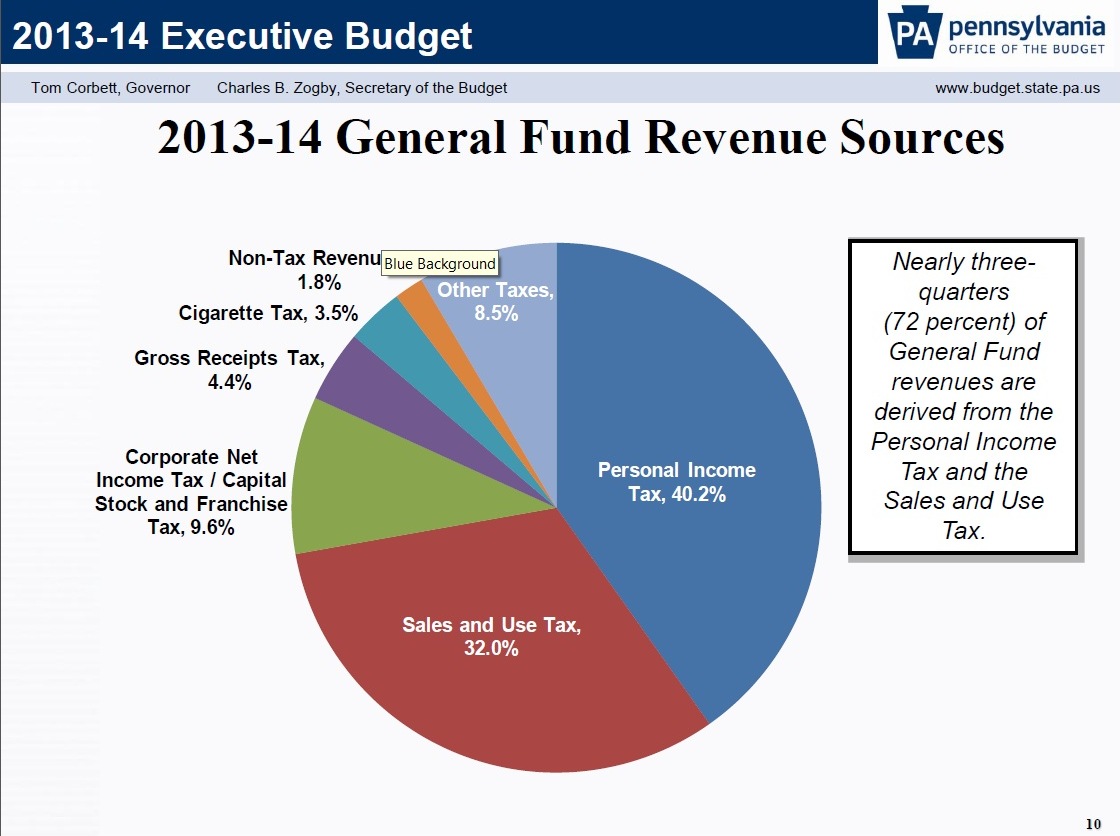Pennsylvania Business Group Supports Bill Aimed At On Line Retailers
Small business owners from Pennsylvania are lending their support to a bill being introduced by an Arkansas Republican and California Democrat in the U. S. House of Representatives to address sales tax collections by on line retailers. The Marketplace Equality Act would empower states to require online companies that do not have a physical presence in the state to collect and remit state sales tax for transactions with state residents.
Daniel Hayward of the Pennsylvania Alliance for Main Street Fairness says small business owners just want a level playing field. He says many people don’t realize when they buy on Amazon.com or other on line retailers they still are supposed to send that sales tax back to the state at the end of the year.
Hayward says this would allow the matter to become a “state’s rights” issue. He says all they’re asking is that those large on line only retailers collect the sales tax at point of sale and remit it to the state, just like brick and mortar retailers do all across Pennsylvania.
He believes Pennsylvania’s Congressional delegation wants to take action to level the playing field for brick and mortar retailers in competing with the big on line retailers.
Hayward says they did a study through Carnegie Mellon University, and it found Pennsylvania may be missing out in collecting between 250 and 390 million dollars in sales tax per year through sales made by on line retailers to state residents.
The bill would include an exemption for small E-tailers to ensure that start ups and small sellers will not face the same compliance requirements that are more easily adopted by large on line retailers.
The bill is being proposed by Steve Womack (R-AR) and Jackie Speier (D-CA) . In a press release, Representative Womack says the intent of the legislation is to close a long-standing loophole that puts America’s brick and mortar businesses at a competitive disadvantage. Representative Speier stated it’s time to close the gaping loophole that is costing businesses sales to large internet retailers and depriving states, local communities and schools of sales tax revenues that they should be receiving.
Similar legislation has been introduced in the past. Several states have their own laws, but they apply to businesses with a physical presence in the state.











